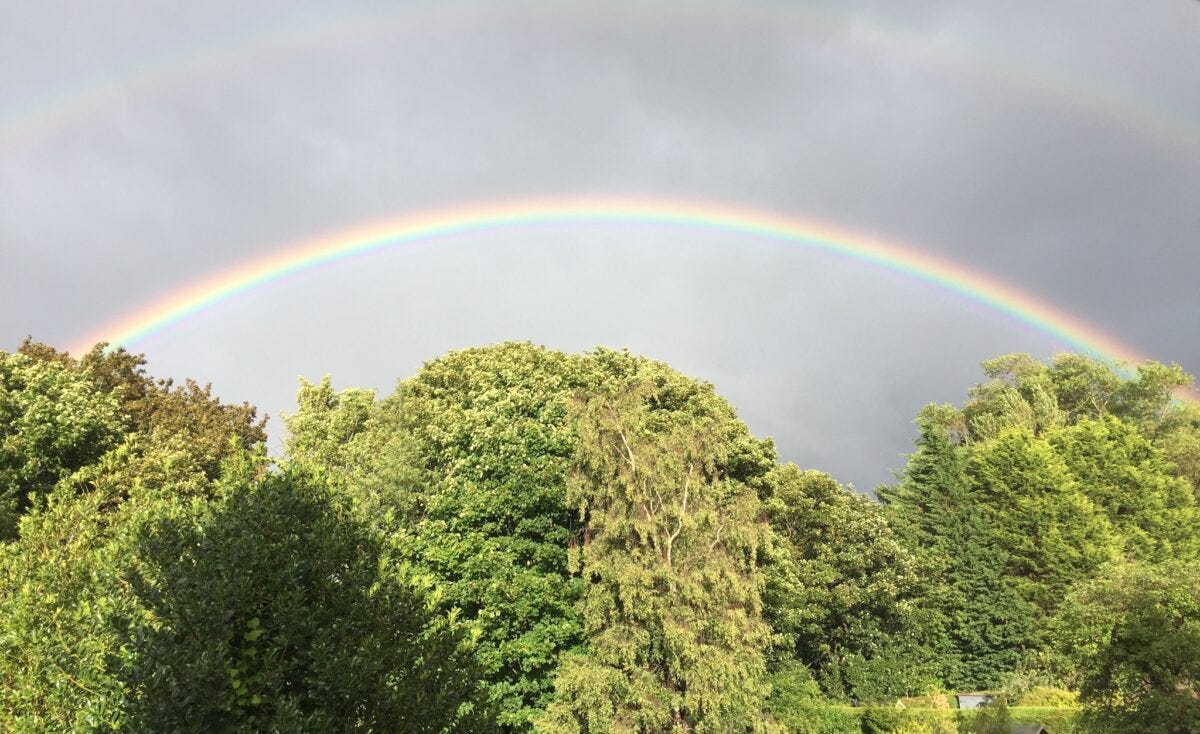Teaching maths in the context of climate change and sustainability: Resources
Issue to Action Lessons. You could design a whole unit in early (or later) years around these global citizenship- and climate change- centred maths lessons. These come with fully developed lesson plans, worksheets and slides. My department in Boroughmuir HS spread them out over the course of a week at the end of last year’s S1 course – there is usually time for these things if you look hard enough.
Issue to action: Maths – Scotdec
The 1.5 MAX Country Fact Files. The ‘Country Comparisons’ activity we carried out during the summit was designed to give pupils insights into climate actions taken by countries, and whether or not they are sufficient. We collated basic data on 11 countries including information on geography, demographics and population, economics, politics and government, transport, energy, and waste, along with the Paris Agreement pledges of each country and their climate aspirations, policies, and progress. There is a terrific lesson on data analysis and presenting information here. If you are teaching the use of scattergraphs and correlations, consider getting pupils to graph GDP against carbon footprint per capita for each country to observe an interesting positive correlation. Other data can also produce surprising and discussion-rich results. All the data can be viewed at the following link and downloaded in a variety of formats: 1.5 MAX 2021 : Resources
Maths for Planet Earth. As a senior phase pupil, it can be hard to turn your focus away from exams and towards using your new-found skills to help the planet. What if you could do both? I came across this link to an exciting bank of exam-level maths questions (English system but with many overlaps with the Scottish system) based around climate and nature themes for teachers to use: Maths for Planet Earth – Climate Based Maths Questions for Students and Teachers (ox.ac.uk). You can also contribute your own.
Variation Theory. Sometimes the skill you really want pupils to develop is the ability to think critically about maths. Dealing with a crisis like the climate emergency requires minds which don’t seek an instant need for right answers but instead take an interest in spotting patterns, connections and wrestling with difficult problems – known as ‘systems thinking’. Craig Barton’s Variation Theory website is well known but deserves promotion for its excellent question banks which challenge pupils to think about what they are doing, rather than mindlessly plug into a formula:
Teachers are already expected to bring LfS into their day-to-day practice according to General Teaching Council policies (2013) and Education Scotland. The Ken Muir report has also shone a light on the fact that young people want to learn more about the climate crisis, and often rate it as their number one issue. What is lacking from the legislation is the implementation and, of course, the time teachers need to put them into practice. 1.5 MAX showed us that people will often do incredible things when they are just given the time and a listening ear. I hope something in this article will inspire you to try something new in your classroom, for people and planet.
1.5 MAX is available to use for free to anyone who is interested – see
. If you would like to explore this option or if you are interested in discussing climate education further, get in touch by emailing info@sustainabilitypartnerships.org.uk.
* See the related Recent Post on this website “How can maths teachers engage with the climate emergency?”



